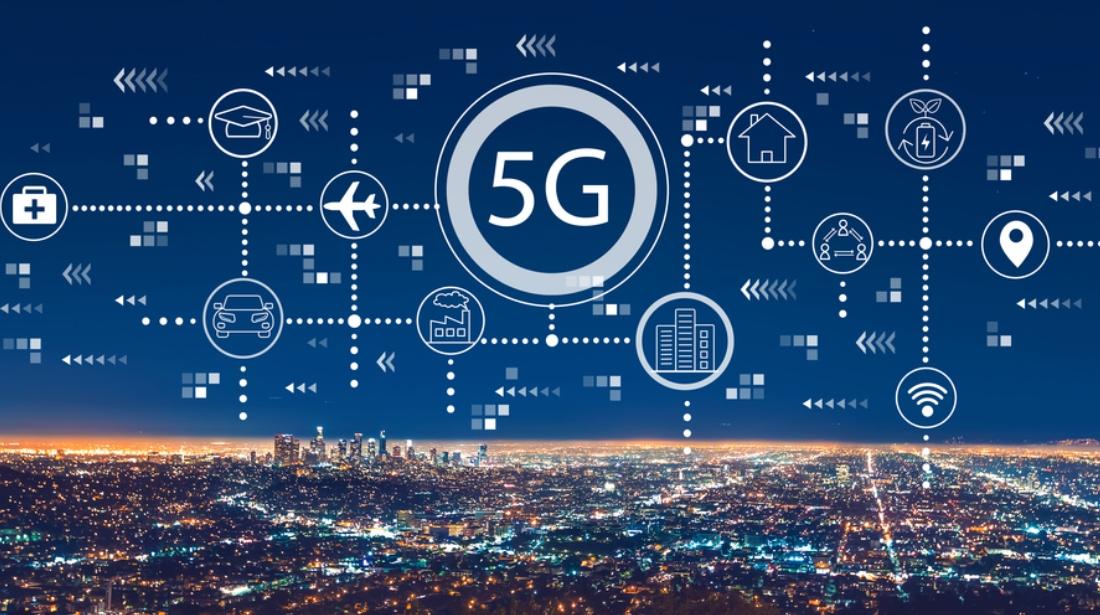|
The Internet has revolutionized the way we live, work, and communicate. It has become an indispensable part of our daily lives, connecting people from all corners of the globe. This article takes you on a journey through the history of the Internet, tracing its remarkable evolution from its humble beginnings to the present day. The Birth of ARPANET: In the late 1960s, the Advanced Research Projects Agency (ARPA) laid the foundation for the Internet with the creation of ARPANET. Initially designed as a network for military and academic purposes, ARPANET connected four computers at the University of California, Los Angeles (UCLA), Stanford Research Institute (SRI), University of California, Santa Barbara (UCSB), and the University of Utah. TCP/IP and the Birth of the Internet Protocol Suite: In the 1970s, the Transmission Control Protocol/Internet Protocol (TCP/IP) emerged as the fundamental protocol for transmitting data across interconnected networks. TCP/IP enabled different computer networks to communicate with each other, forming the basis of the modern Internet. The World Wide Web (WWW): The invention of the World Wide Web by Tim Berners-Lee in 1989 transformed the Internet into a global phenomenon. The WWW introduced hypertext, allowing users to navigate documents using hyperlinks. The development of web browsers such as Mosaic and later Netscape Navigator made the Internet accessible to the general public. Dot-com Boom and Bust: The 1990s witnessed the dot-com boom, a period of rapid growth in Internet-based businesses. Companies like Amazon, eBay, and Yahoo emerged during this time, capitalizing on the increasing popularity of online commerce and search engines. However, the dot-com bubble burst in the early 2000s, leading to the closure of many internet startups. Web 2.0 and Social Media: The early 2000s saw the rise of Web 2.0, a term coined to describe the shift from static web pages to dynamic and interactive online platforms. Social media platforms like Facebook, Twitter, and YouTube emerged, enabling users to create and share content with ease. This marked a significant milestone in Internet history, as it empowered individuals to actively participate in shaping online content. Mobile Internet and Internet of Things (IoT): With the advent of smartphones and mobile internet, access to the Internet became ubiquitous. People could connect to the Internet anytime, anywhere, leading to a paradigm shift in how we consume information and interact with each other. Furthermore, the Internet of Things (IoT) emerged, connecting everyday objects to the Internet and enabling seamless communication between devices. The Future: Artificial Intelligence and 5G: As we look ahead, the Internet continues to evolve. Artificial intelligence (AI) is transforming various industries, leveraging the power of big data and machine learning algorithms. Additionally, the deployment of 5G networks promises faster speeds and lower latency, opening up opportunities for innovations such as autonomous vehicles, smart cities, and immersive virtual reality experiences. In conclusion, the history of the Internet is a testament to human ingenuity and our relentless pursuit of connectivity. From its humble beginnings as a military and academic network to a global phenomenon that connects billions of people worldwide, the Internet has come a long way. As we stand on the threshold of even greater technological advancements, the Internet remains an ever-evolving force that continues to shape our world.  |
